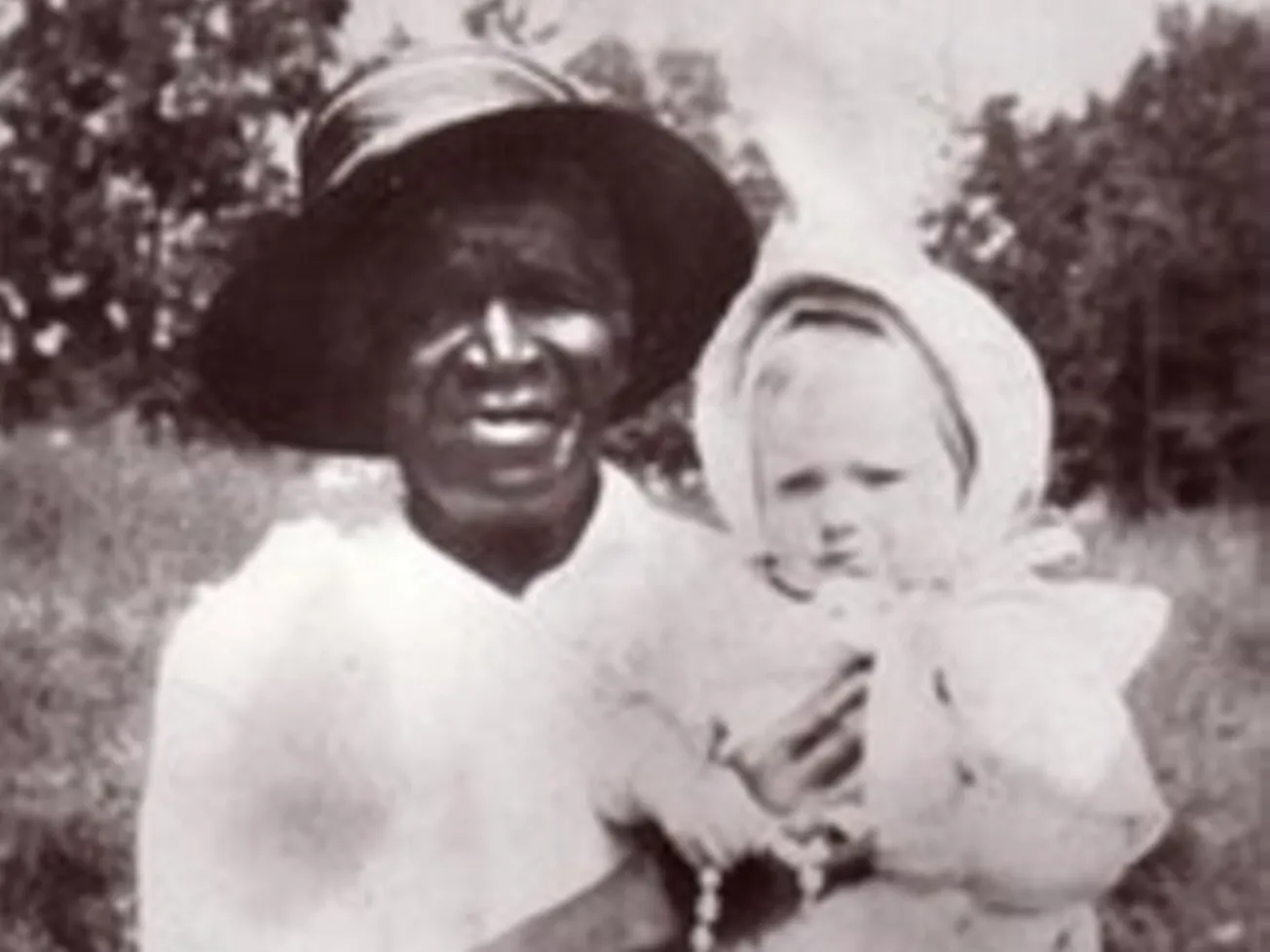Pilgrims will walk in the footsteps of Servant of God Julia Greeley next month in Colorado, where she died 106 years ago after a life of service to the poor. A bus tour will take devotees across 22 miles of sites important to the life of the formerly enslaved Black Catholic philanthropist, known as “Denver’s Angel of Charity.”
The pilgrimage, scheduled for Saturday, July 27, comes amid a series of annual events dedicated to the history of Greeley’s life in Colorado, including a feast day Mass each year on June 7. A Mass celebrating the anniversary of her baptism will take place on Wednesday, June 26, at 7pm MT at Sacred Heart Catholic Church, where she was baptized as a convert in 1880.
This year marks 12 years of the Greeley pilgrimage, led by Fr Blaine Burkey, a Capuchin Franciscan known for authoring the 2012 book, “In Secret Service of the Sacred Heart: The Life & Virtues of Julia Greeley.” Archbishop Samuel Aquila opened Greeley's cause for canonization in 2015.
Today we celebrate our very own Angel of Charity, Servant of God Julia Greeley!
— Archdiocese of Denver (@ArchDenver) June 7, 2024
Her profound humility, deep faith and eager charity inspire countless people to grow in love for their neighbors each day.
Servant of God Julia Greeley, pray for us! pic.twitter.com/0XT31Jn9dk
The pilgrimage will include 17 sites, including Greeley’s boarding house, Sacred Heart Church, and the Cathedral Basilica of the Immaculate Conception—where, in 2017, she became the first (and to date, only) person interred therein.
“Last year’s pilgrimage motivated me to want to be more like Julia Greeley in her passion to [make the] love of Christ known throughout the world,” one pilgrim from 2023 said in a news release.
“It is so easy to wall out people who have hurt you in the past but that never stopped Julia Greeley. I want to be as colorblind as Julia Greeley and as creative in personifying Christ to others.”
Born in Missouri in the mid-19th century, Greeley was freed during the American Civil War and later followed an employer—future Colorado Territory governor William Gilpin—to Denver. There, Greeley converted to Catholicism and made a habit of distributing goods and religious literature to the city’s poor, despite being a woman of meager means herself.
As described in her biography, she often performed her philanthropy at night so as to avoid being noticed as a Black woman (which likely would have sparked the ire of even a destitute White Coloradan). Her signature red wagon became the symbol of her life and legacy, which also included time in New Mexico and Wyoming.
Greeley died in 1918 at an unknown age and lay in repose—a first for a Catholic layperson in Denver—at what is now St. Ignatius Loyola Catholic Church. Her body was later exhumed for reinterment at the cathedral, where a shrine is now open to the public.
Greeley is today one of seven African Americans on the path to canonization, and her “positio” (an official biography) was commenced in 2021. Upon completion and approval, she could become the fifth such Catholic to be named “Venerable” by the pope.
Next month’s tour will begin at the Capuchin provincial headquarters in North Denver at 10am and will return there the same day at 3pm. Tickets are available online for $115 and include lunch, travel, and a copy of Burkey’s 2020 pamphlet, “An Hour with Julia Greeley.” Proceeds will benefit the ministry of the Capuchin Franciscans.
Nate Tinner-Williams is co-founder and editor of Black Catholic Messenger.









